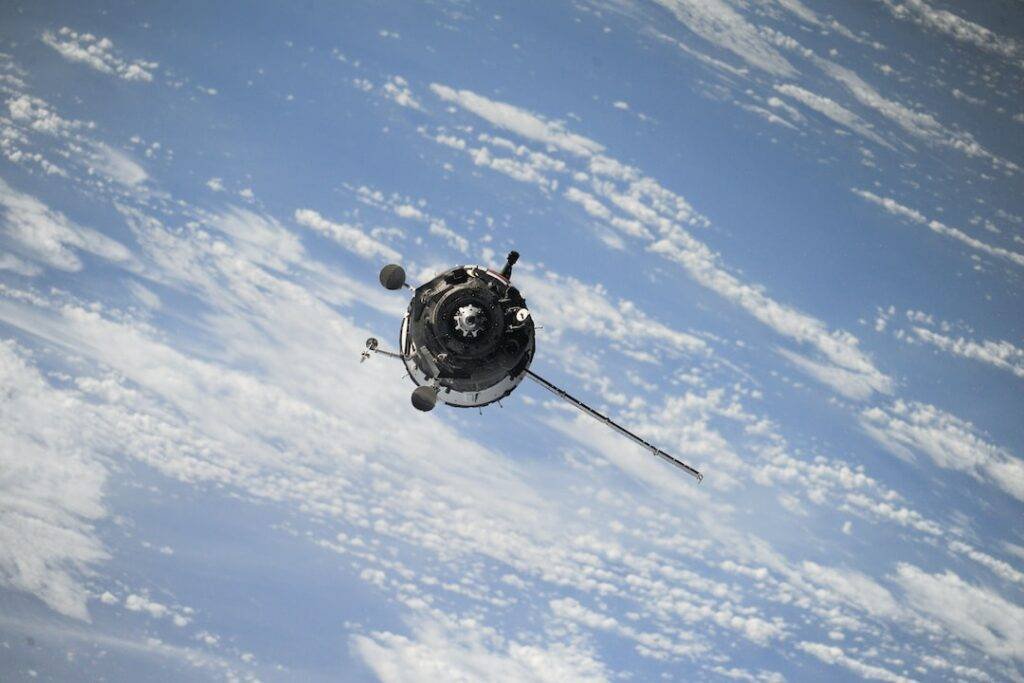Australian space industry has issued warning against Chinese surveillance Satellites, Voice of America reported.
The warning comes as Australia’s Defence Space Command says it is working on a plan to acquire so-called soft-kill technology to take out enemy satellites, VOA reported.
In February, the United States blew down a massive Chinese balloon that it claimed was spying on important military sites throughout America. China, though, asserted that the aircraft had veered off course and was a civilian one.
The diplomatic dispute sparked a discussion between the two concerning spying and surveillance.
Australian experts think that worries about satellite spying have been overshadowed by the balloon event, read a report in Voice of America (VOA).
James Brown, the head of the trade group the Space Industry Association of Australia, told the Australian Broadcasting Corp. Saturday that China has a vast space monitoring system as per the report.
Roberts said the number of satellites in space had more than doubled to around 8,000 as China launched more satellites than the United States did last year.
“I think people just do not realize that every day we are being listened to and surveilled by Chinese satellites that are only 100 to 200 kilometers above our heads, and China is launching hundreds of them a year and we are seeing more and more of that activity,” Voice of America quoted Brown as saying.
Australia’s year-old Defence Space Command is working on a plan to buy so-called soft-kill technology to destroy enemy satellites without creating dangerous debris. Instead of using missiles, Australia wants to develop its own electronic warfare capability to disrupt and disable satellites but the appropriate technology is not yet commercially available.
The command’s head, Air Vice Marshal Cath Roberts, Friday gave an update on electronic warfare capabilities and the threats to Australian satellites. She told reporters that there was a need to have “non-destructive” capabilities to deter attacks or interfere with enemy satellites.


